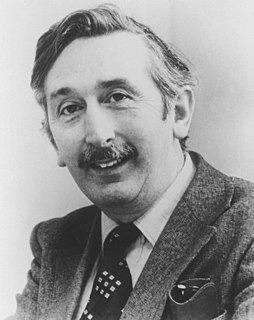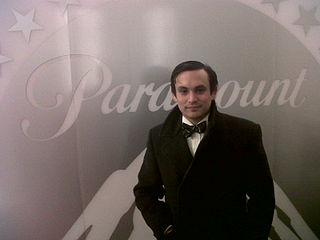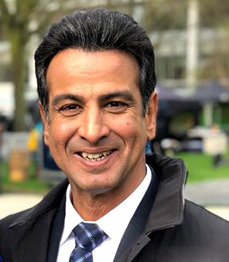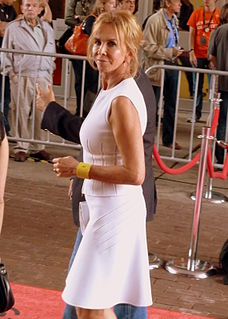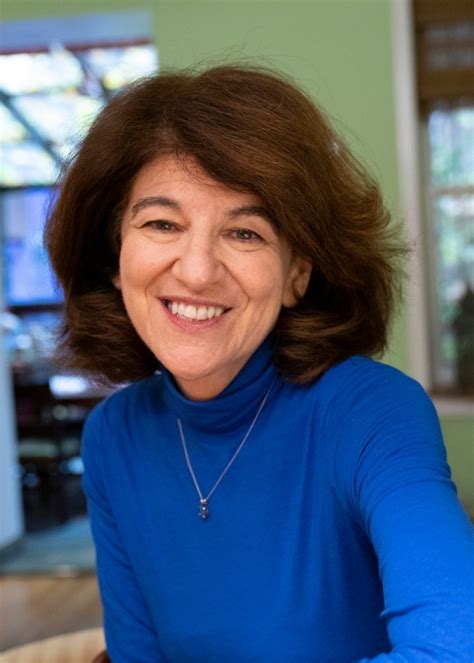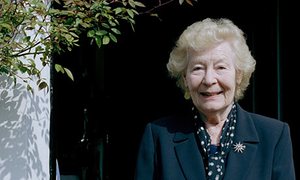A Quote by Godfrey Hounsfield
I was born and brought up near a village in Nottinghamshire and in my childhood enjoyed the freedom of the rather isolated country life. After the First World War, my father had bought a small farm, which became a marvelous playground for his five children.
Related Quotes
I grew up in Skaneateles, a small town in New York's Finger Lakes region, where parts of my family have lived for five generations. I can walk the streets there and point out my father's childhood home, the houses my grandfather built, the farm where my great-great-uncle worked after he emigrated from England in the 1880s.
All my life I've been aware of the Second World War humming in the background. I was born 10 years after it was finished, and without ever seeing it. It formed my generation and the world we lived in. I played Hurricanes and Spitfires in the playground, and war films still form the basis of all my moral philosophy. All the men I've ever got to my feet for or called sir had been in the war.
The World War I, I'm a child of World War I. And I really know about the children of war. Because both my parents were both badly damaged by the war. My father, physically, and both mentally and emotionally. So, I know exactly what it's like to be brought up in an atmosphere of a continual harping on the war.
I was brought up in a very naval, military, and conservative background. My father and his friends had very typical opinions of the British middle class - lower-middle class actually - after the war. My father broke into the middle class by joining the navy. I was the first member of my family ever to go to private school or even to university. So, the armed forces had been upward mobility for him.
Children became an obsessive theme in Victorian culture at the same time that they were being exploited as never before. As the horrors of life multiplied for some children, the image of childhood was increasingly exalted. Children became the last symbols of purity in a world which was seen as increasingly ugly.
